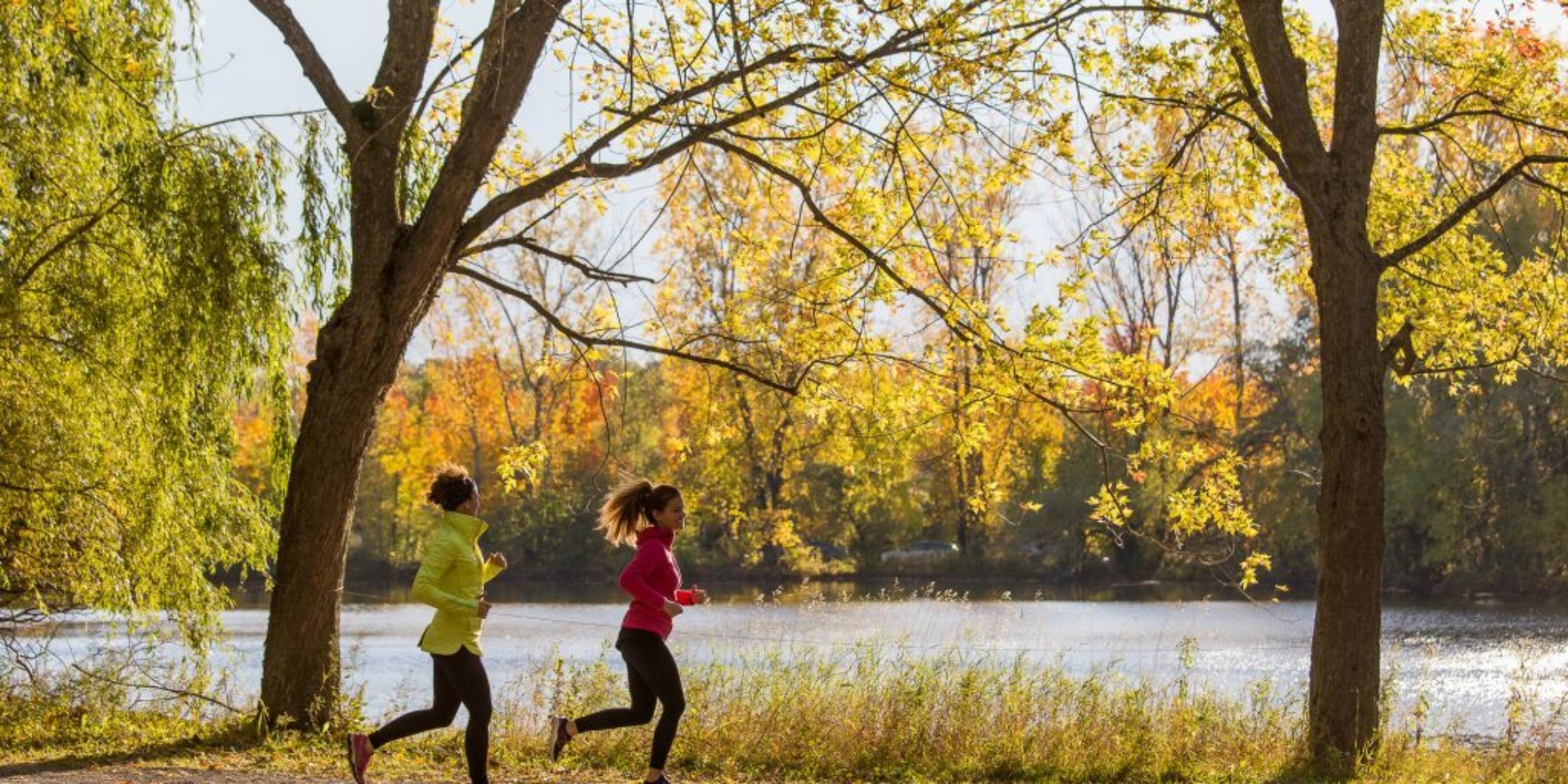Admission and immigration Do you live abroad and want to study here?
Find out:
✔ How to apply for admission
✔ What immigration procedures to follow
✔ How to get ready before arriving in Québec
How to apply from abroad?
Admission application
You've chosen your cégep and your program of study? Congratulations! You can now submit an application for cégep admission.
Immigration procedures
Congratulations! You’ve received your letter of admission, meaning your application to attend a cégep in Québec has been accepted. It’s now your responsibility to complete the following immigration steps in order to study in Québec.
Getting ready to come to Québec

When you arrive in Québec
It’s official—you’ll be studying at cégep starting next term? Check out the sections below to be well prepared for this big adventure!
Finding housing
The vocabulary used in housing ads might leave you puzzled! Use the short glossary below to get familiar with Québec-specific terms.
- Lease: Rental agreement used by most landlords to outline mutual commitments. Read it carefully before signing.
- Appartment size: 2½, 3½, 4½, etc. This indicates the number of rooms (the half-room refers to the bathroom). A 2½ means a two-room apartment—likely a bedroom and a kitchen—plus a bathroom. A 4½ usually has two closed bedrooms.
- Utilities not included: Heating and electricity are usually not included in rental units. Before signing, ask the landlord about the typical monthly bill for the unit you're considering.
- Tenant insurance: It’s strongly recommended to get home insurance, even if you’re renting (not owning) your place. Insure your personal belongings in case of incidents (fire, flood, vandalism, etc.), and get civil liability coverage.
Internet and phone
Since phone and internet plans vary widely between providers and regions, ask your cégep contact person for advice before signing any telecom or phone contract.
Food
Food stores are commonly called “épiceries.” Ask your cégep about the options available near campus. Some grocery chains are known to offer lower prices, which might be worth a detour to save money. There are also public markets where farmers sell their products—great if you want to eat seasonal and local foods.
Corner stores, called “dépanneurs,” are small shops offering basic essentials but at higher prices. They usually have extended opening hours for last-minute purchases.
Some cégeps or community groups organize “collective kitchen” workshops, where participants cook together and leave with several portions of a recipe. It’s a budget-friendly and fun way to meet other students!
In Québec, the first meal of the day is called “déjeuner.” Lunch is called “dîner,” and dinner (typically around 6 p.m.) is called “souper.”
Clothing (winter)
You’ll absolutely need warm outerwear to live comfortably in Québec during winter. To save money, consider thrift stores (second-hand clothing) or big-box stores, which offer more affordable options than specialty boutiques.
You’ll need at least: a winter coat (down-filled if possible), mittens (or gloves), a tuque (beanie), a scarf, and winter boots. If you plan to do winter sports, it’s recommended to get insulated and waterproof snow pants.
Psychological support
Adapting to life in Québec might bring up a range of emotions: excitement, sadness, missing loved ones, stress, fatigue, etc. All cégeps in the network offer free psychological support services. Don’t hesitate to ask about them and use them—they're free.
Financial aid
Thanks to available financial aid, you could be exempt from paying international student tuition fees!
Check out the Tuition Fee Exemption Program and the Scholarship Program now.
